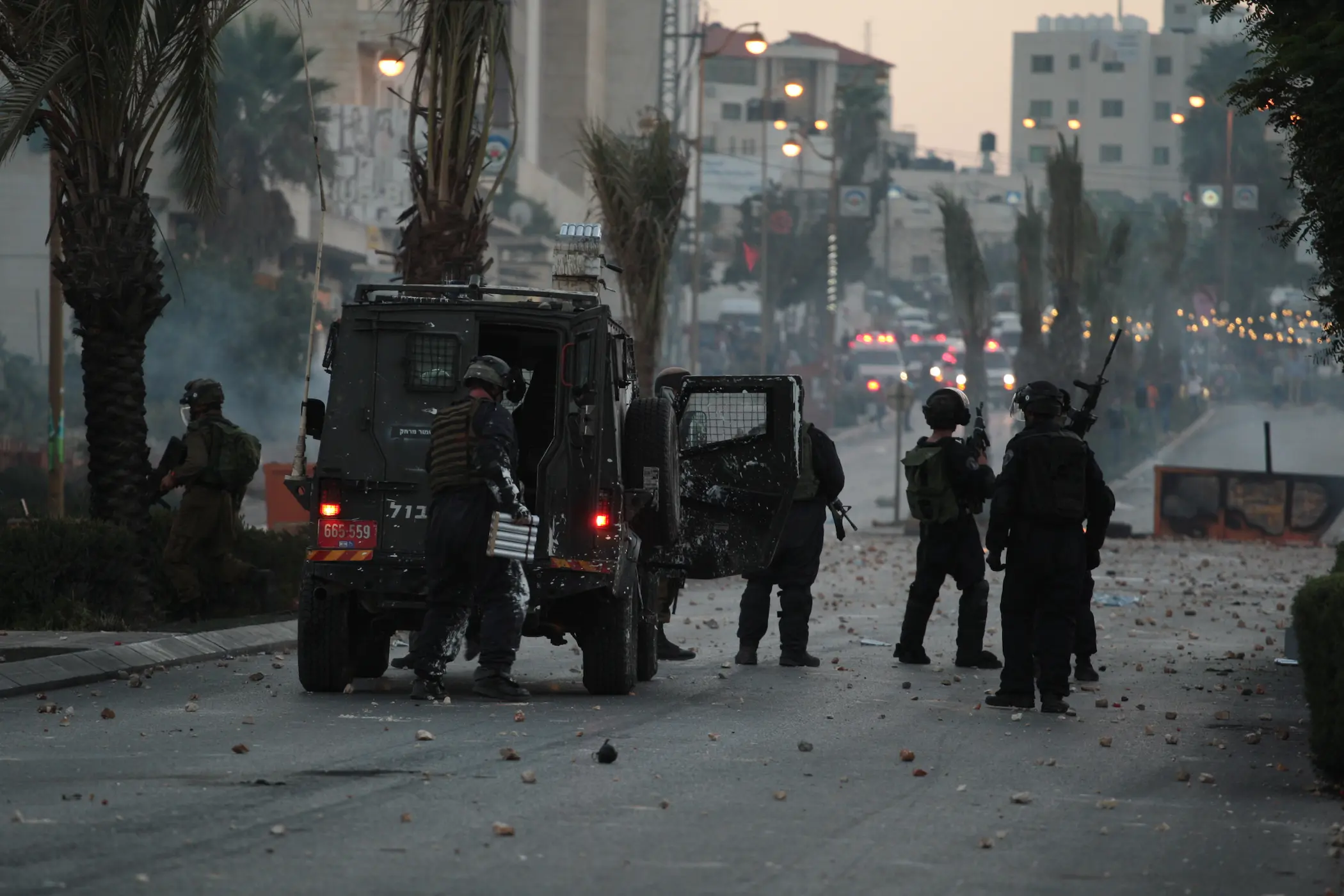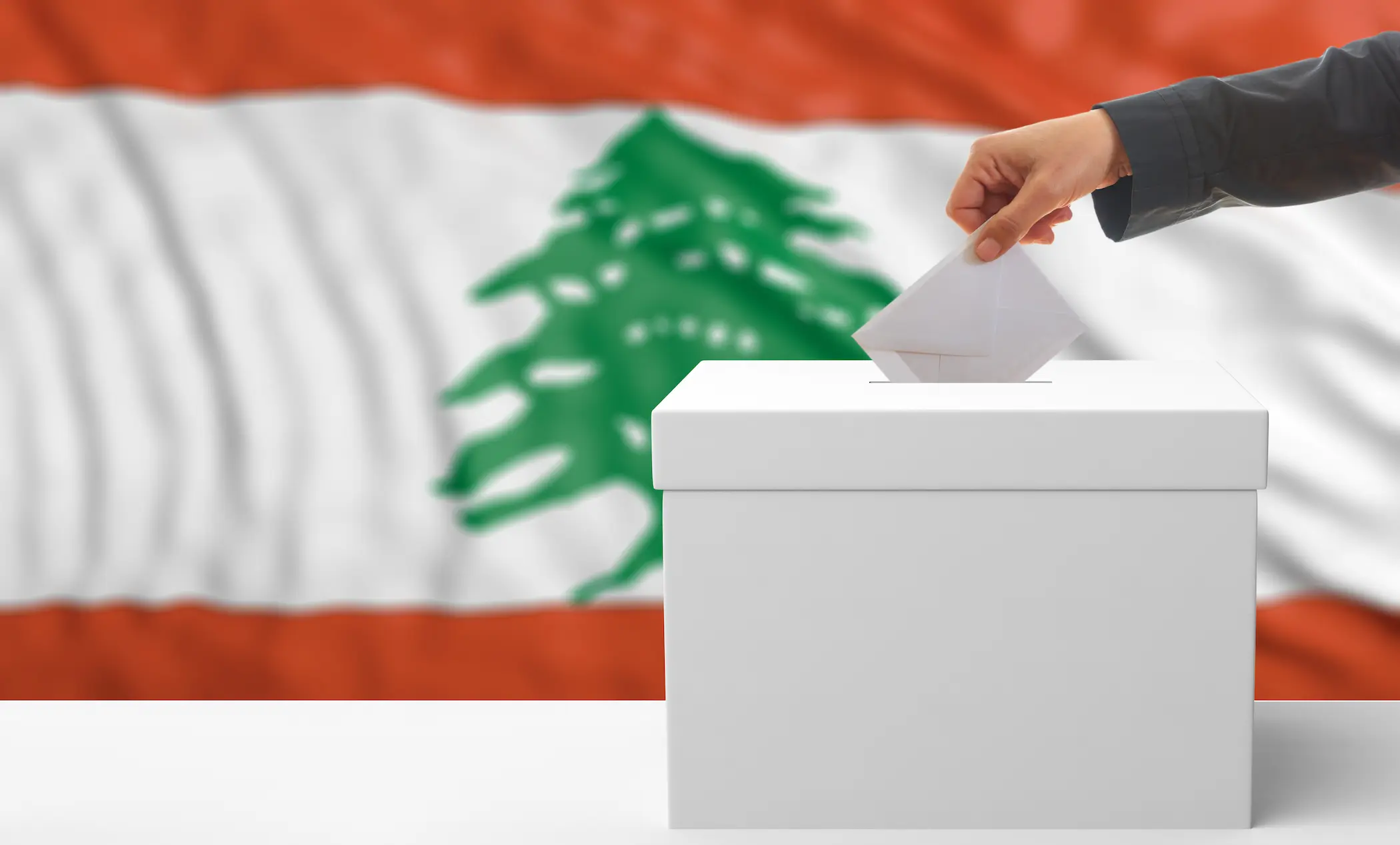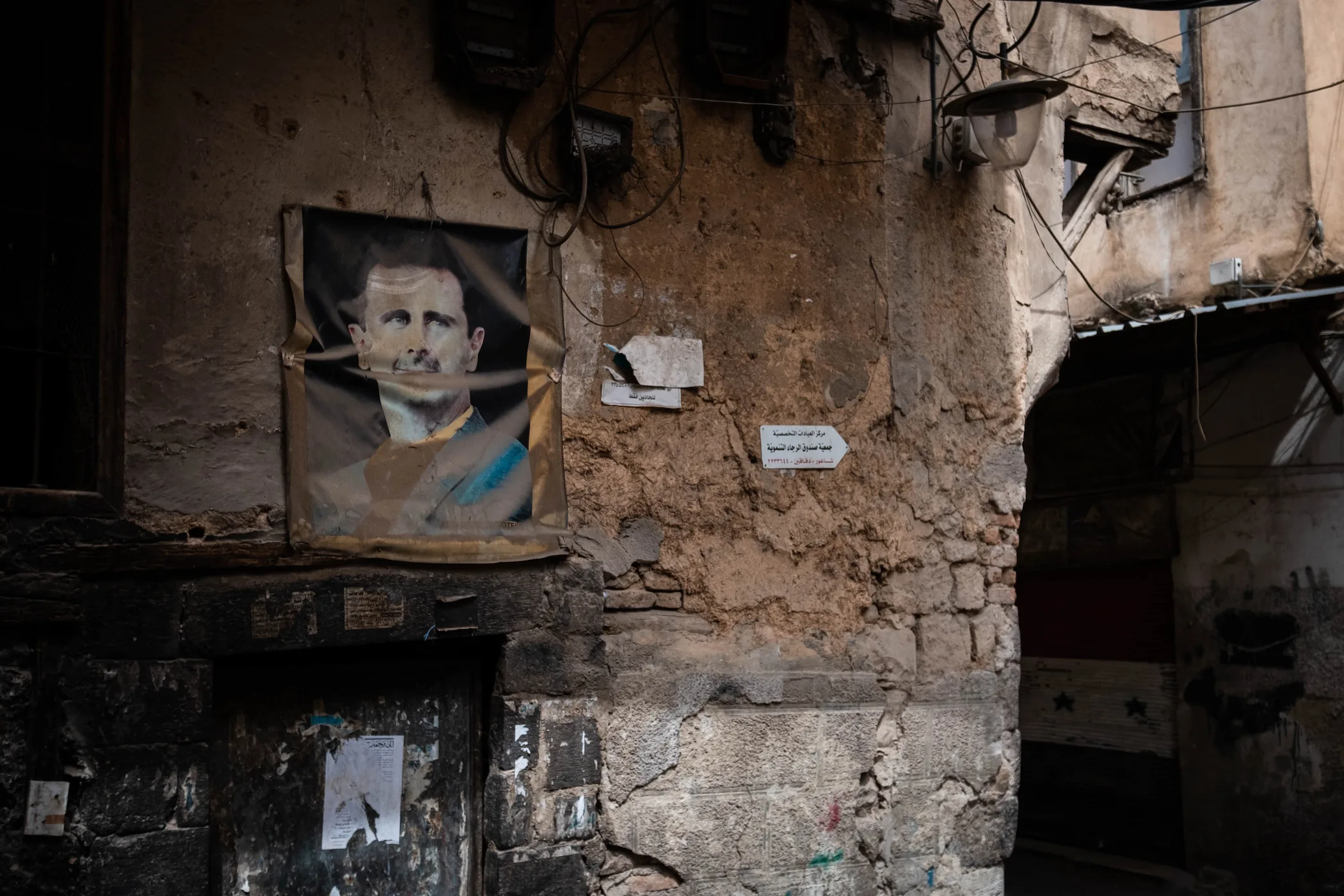20 Feb 2025
The Al Habtoor Research Centre Gaza Reconstruction Plan
The Gaza Strip, tragically marked by recurring cycles of conflict and destruction, faces a complex and deeply entrenched crisis that extends far beyond the visible damage to its buildings and infrastructure. The repeated devastation has crippled its economy, fractured its social fabric, and left its population in a state of perpetual vulnerability, demanding a comprehensive and transformative approach to recovery. Traditional reconstruction efforts, while necessary, have often fallen short by primarily focusing on the immediate task of rebuilding damaged structures. These efforts, though well-intentioned, have frequently failed to address the fundamental underlying economic and governance challenges that perpetuate instability and hinder long-term progress. This report, therefore, proposes a fundamentally different approach: a three-pillar framework that integrates immediate humanitarian relief with long-term strategies for economic sustainability and the establishment of durable peace. This holistic approach recognizes that true recovery requires not only rebuilding physical infrastructure but also fostering economic opportunity, strengthening governance, and promoting social cohesion, ultimately breaking the cycle of conflict and paving the way for a more stable and prosperous future for the people of Gaza. This three-pillar approach addresses the problem from a broader perspective.
18 Feb 2025
The New Frontier: West Bank is the New Gaza
In recent months, the West Bank has witnessed rising violence. The timing in which the West Bank is witnessing escalation is not a coincidence, it is connected to the ceasefire in Gaza. While right-wing elements refuse the ceasefire deal, it is generally argued that Israeli Prime Minister Benjamin Netanyahu has to appease those elements in his coalition. Netanyahu who is believed to have been pressured to accept the deal, does not find any alternative to satisfy right wingers in his coalition other than shifting the war to the West Bank. While this understanding is not entirely false, it is suggested that recent events in the West Bank are part of Israel’s expansionist plan aiming at imposing Israeli sovereignty on the territory. Using legal and political manoeuvres, Israel aims to turn the West Bank into another Gaza which results in broader regional implications.
10 Feb 2025
Turkey and Iran: Commonalities and Contradictions
Following the Arab Spring, Turkey and Iran started expanding their influence in the region, utilising the state of instability. While both countries compete over expanding influence in Syria, Iraq, and Azerbaijan, they managed to maintain strong mutual relations. The analysis examines foreign policy tools employed by both countries to maximise their benefits along with analysing the commonalities and differentiation of interests between them in the Middle East.
6 Feb 2025
Will Israel Suceed in Dissolving UNRWA During Trump’s Second Term?
In a significant escalatory move, Israel’s Ambassador to the United Nations, Danny Danon, has notified the UN Secretary-General in writing that UNRWA must cease its operations and vacate its premises by January 30, 2025. This ultimatum follows Israel’s enactment of a law last October banning the agency’s activities within its territory, including occupied East Jerusalem. The decision is rooted in Israel’s allegations that UNRWA has been infiltrated by Hamas, with claims that some of its employees were involved in the Oct. 7, 2023, attacks.
This paper examines the evolving and contentious relationship between Israel and UNRWA. It also explores potential U.S. intentions to dismantle the agency, particularly in light of Donald Trump’s return to power and his recent remarks regarding the displacement of Gaza’s population and the repercussions of this ban.
8 Jan 2025
Back to Square One: Will the Presidential Vacuum in Lebanon Come to an End?
Lebanese Parliament Speaker Nabih Berri reiterated his call for a general session of Parliament on Jan. 9, 2025, to elect a new president as Lebanon’s presidential vacuum stretches into its third year. This call comes amid an ongoing crisis that began on October 31, 2022, following the end of former President General Michel Aoun's term. Aoun’s departure marked the conclusion of a previous presidential vacuum that lasted for 29 months, during which 45 attempts to reach a quorum for his election were unsuccessful. In the current vacuum, Parliament has failed to elect a president after twelve sessions, the most recent of which was held on June 14, 2024. This series of unsuccessful attempts highlights the profound complexities of Lebanon’s political process.
Recent domestic initiatives aimed at resolving the presidential vacancy and reaching a consensus on a candidate have also faltered. Meanwhile, representatives from five key countries, the United States, France, Saudi Arabia, Egypt, and Qatar, continue their efforts to mediate and navigate the obstacles hindering Lebanon’s political forces from agreeing on a mechanism to address the protracted vacancy crisis.
Amid persistent uncertainty surrounding the identity of Lebanon’s next president, political circles have been actively circulating the names of potential candidates. Among these, Commander of the Lebanese Army General Joseph Aoun, has emerged as a strong contender and is widely viewed as a likely consensus candidate.
The upcoming parliamentary session has ignited significant hopes that it may produce tangible results and lead to the selection of a new occupant for Baabda Palace. However, this optimism is tempered by pressing questions about whether Lebanon’s political forces can overcome their divisions, resolve the presidential vacuum, and converge on a candidate amidst the shifting political dynamics within Lebanon and across the region.
25 Dec 2024
From Displacement to Development: Syria’s Path to Reintegration
With millions of people displaced, massive destruction, and the destruction of entire businesses, the Syrian Civil War wreaked chaos on the country’s economy since it started in 2011, and whilesome countries have started to discuss deportation policies, many refugees started to return home in the hopes of rebuilding their country after the fall of the Assad regime. While the repatriation of refugees holds the promise of economic revitalisation, the multifaceted challenges of reintegration and rebuilding complicate the picture. Hence, a gradual reintegration policy under certain conditions, including international support especially from countries hosting the refugees is required to foster sustainable recovery.
25 Dec 2024
From Lebanon to Syria: How Did the Syrian Civil War Reshape Hezbollah’s Military?
Hezbollah's involvement in the Syrian Civil War has significantly bolstered its military capabilities and strategic positioning against Israel. The war served as an invaluable training ground, providing Hezbollah fighters with extensive combat experience and allowing them to test and refine their tactics in real-world scenarios. This experience proved crucial in enhancing their proficiency in asymmetric warfare, a critical aspect of their confrontations with the technologically superior Israeli military.
Furthermore, the Syrian conflict solidified Hezbollah's alliance with Iran, which provided vital military support and resources. This included advanced weaponry, training, and logistical assistance, significantly enhancing Hezbollah's operational readiness. Iran's backing also enabled Hezbollah to establish a stronger presence in the region, providing strategic depth and allowing it to operate more effectively against Israel while countering Israeli influence in Lebanon and the broader Levant.
The war also forced Hezbollah to adapt and evolve its military doctrine. The group adopted more sophisticated tactics, incorporating urban warfare strategies and integrating advanced technologies like drones and precision-guided munitions. These innovations, born out of necessity on the Syrian battlefield, have better equipped Hezbollah to counter Israel's military advantages. Moreover, the prolonged conflict forced Hezbollah to develop sophisticated logistical and operational planning capabilities, including a robust supply chain that can withstand Israeli disruptions.
On the other hand, this intervention led to the exposure of the party and made it vulnerable to infiltration, which caused the party to lose its hard power against Israel and its soft power within Lebanon.
23 Dec 2024
The Fall of Al-Assad: Beyond the Defeat of a Regime
More than a decade after the outbreak of the Syrian Civil War, the unexpected fall of the Assad regime shocked many commentators and world leaders who believed that President Bashar Al-Assad had firmly consolidated his power. This development demonstrated that despite enduring years of civil war, Syria continues to hold strategic relevance at both regional and international levels. The conflict has provided an opportunity for regional and global powers to establish a presence in the country, amplifying the impact of the regime's collapse far beyond Syria's borders. Notably, the fallout has produced clear winners, with Turkey and Israel at the forefront, and losers, including Russia and Iran. Meanwhile, some European countries have discreetly benefited from the situation without openly acknowledging their gains.
18 Dec 2024
Mahabad: Oil, the Peshmerga, and the Collapse of the Kurdish Dream
The Kurdish dream of establishing an independent state was on the verge of realisation after centuries of demands in Jan. 1946. This came when “Qazi Mohammad,” the Iranian Kurdish leader, declared the establishment of the Mahabad Republic in the province of the same name, now part of the Islamic Republic of Iran. However, this dream quickly dissipated when the Soviet Union withdrew its financial support for the nascent state. The intensification of the economic blockade on the region further compounded the situation, preventing the entry of food supplies and reducing agricultural production. These pressures led to dramatic shifts in the loyalties of Kurdish tribal leaders who had initially allied with “Qazi” during the state's formation, hoping to secure a share of Soviet financial and food aid.
The food situation worsened over time, pushing some leaders of the Mahabad army to leave the capital, especially as Iranian forces were nearing its entrance, leaving the Kurdish leader and a small Kurdish group behind to face an unequal battle with the Iranian army. Therefore, to spare Kurdish blood, it was decided to surrender on December 15 of the same year, leading to the Iranian army's occupation of Mahabad and the declaration of the state's fall. In the end, “Qazi” was executed in March 1947, marking the end of the closest attempt to establish a Kurdish state.
About a quarter of a century later, the Iraqi Federal Supreme Court issued a series of rulings regarding Iraqi oil exported by the Kurdistan Region of Iraq. The latest ruling, issued in Feb. 2024, mandated the Kurdistan Regional Government’s Council of Ministers to hand over all oil and non-oil revenues to the central government in Baghdad. This could have a dual impact similar to that caused by the cessation of financial support and the Iranian blockade on the Mahabad army, but this time it affects the Peshmerga forces that represent the hope for preserving the “autonomy” of the Kurdistan Region of Iraq considered the second closest Kurdish attempt at establishing a national homeland for the Kurds.
Therefore, the First Part of this paper addresses the political situation of the Kurds, focusing on the status of the region in the Iraqi Constitution, the contentious issues between the region and the federal government, and the impact of these disputes on the continuity and existence of the Peshmerga. The Second Part reviews the economic situation, examining the effects of the series of judicial rulings on the conditions that undermine the autonomy of the regional government in selling oil and the repercussions of this on the Peshmerga as a Kurdish defence force that protects the “autonomy” of the region, forming the last line of defence against its collapse.
17 Dec 2024
Vision 2030: Empowered Women, Transformed Kingdom
Saudi Arabia is undergoing a remarkable transformation across various sectors. Fuelled by ambitious reforms under Vision 2030. The Kingdom’s economy is not only reaching new heights, having recently achieved trillion-dollar status, but also aiming to be among the leading economies in the world. This economic shift is driven by diversification and substantial investments, fundamentally changing the country’s economic structure and aiming at strengthening its global position.
Another key driver of this growth is the rise in female participation in the workforce through increased educational opportunities, and a more inclusive cultural environment. Saudi Arabia has implemented significant reforms to empower women economically, creating a positive impact that extends beyond 2030 vision. As a result, the country is witnessing a significant boost in economic growth demonstrating the transformative power of women’s empowerment.
10 Dec 2024
What If: Israel Created a New Corridor to the Euphrates in Syria?
The dream of Greater Israel is not fictional but real, first developed by Theodore Hertzel, the founding father of Zionism, Greater Israel include all lands from the Nile in Egypt to the Euphrates in Iraq. This includes territories from Egypt, Syria, Iraq, Kuwait, Saudi Arabia, all Jordanian territory, and all historical Palestine. In 2017, the United Nations issued a report indicating that Israel is proceeding with its plans to annex Palestinian lands in the West Bank while keeping Palestinians in severe conditions of isolation and deprivation. Moreover, soldiers of the Israeli army have worn badges showing Greater Israel during military operations in Gaza, indicating that Israel might expand its military operations in the Middle East after ending its military operations in Gaza. The pathway to accomplishing the dream of Greater Israel began in November 2024 when Israel entered the demilitarised zone that separates the occupied Syrian Golan Heights. In this area, Israel began establishing a construction project, paving a road along the borders with Syria. What if the Israeli construction project in Syria is the first step to build a corridor that would connect Israel to the Euphrates, thus making Israel closer to achieve the dream of Greater Israel? What will be the consequences if Israel manages to create this corridor?
3 Dec 2024
Making Sense of Trump’s Foreign Policy
The U.S. National Security Strategy (NSS) is a comprehensive document produced by the National Security Council in conjunction with the executive branch of the United States Government for Congress and then signed by the President. The NSS mainly outlines the U.S.’s major national security concerns and how the administration intends to address them using all instruments of national power. In this context, the 2024 NSS will be one of the most crucial concerns for the President-elect Donald Trump.











